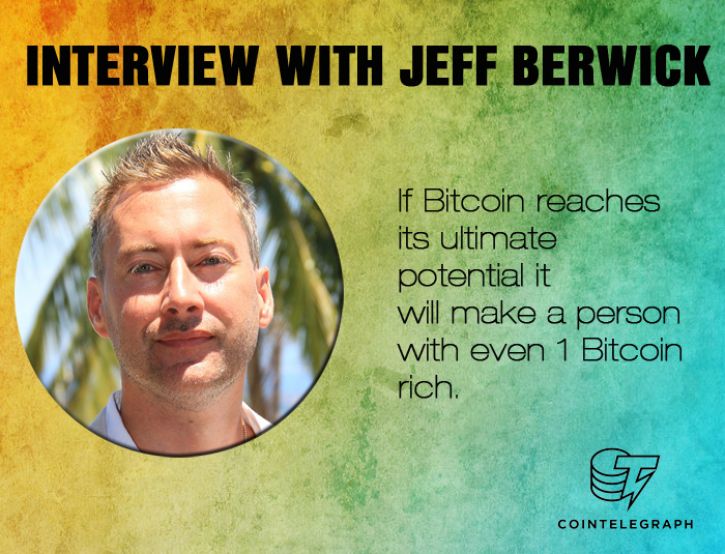Interview with finance guru, entrepreneur Jeff Berwick
"I personally save a percentage of the profits of all my Bitcoin revenue I receive with no plans to sell. I have been offering every product that my companies offer for Bitcoin for three years now so I have been constantly squirreling away bitcoins. We have sold passports, offshore bank accounts and corporations, newsletter subscriptions to TDV and even condos that I offer through my company in Acapulco, AcaCondos and rentals at my hotel in Acapulco, Las Torres Gemelas Private Suites for bitcoins and as I stated my strategy is to keep a large percentage of my profit on those transactions in Bitcoin." Continue reading →
